Graham Reid | | 3 min read
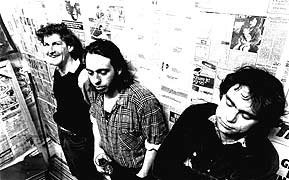
Somewhere between product placements, the Dead C will play live - and for those who haven't followed the footnotes of New Zealand rock, that's a rarity. Rare to the point of being a first.
After 12 years the three-piece out of Port Chalmers, near Dunedin, haven't made a video or appeared on national television, despite being name-checked by such luminaries as Sonic Youth's Thurston Moore and having a back catalogue of 15 albums on cassette, vinyl or CD.
Founder member Bruce Russell is delighted they'll be live on Ground Zero for a few reasons: it'll be a laugh and they might play for half an hour, he says mischievously - "hopefully we'll give a few people a fright." They aren't worried about poor sound because over the years they've tried to demolish their own sound - and it gives them a chance to plug their gig at the Kings Arms, central Auckland, on Saturday night. And that's another rarity.
The last time the band played in Auckland was last year and Russell candidly acknowledges they don't play that often. Never have. In their first year they played every couple of months and aside from an American tour in 95 - 11 gigs in a fortnight - they've averaged about three performances a year.
Bands burn out if they play too much, says Russell, and it's not financially rewarding. They're busy people anyway, got lives and kids.
Those who haven't heard Dead C - given their low television and live strike rate that's most people, Russell concedes - might be in for a fright.
Their sound can come across as relentless, largely unfiltered, high-decibel, lo-fi guitar noise (at their live show expect maybe two "greatest hits" and the rest new noises) - but it has captured influential ears across the planet.
Not a month goes by without them being mentioned in The Wire, a cutting-edge magazine out of Britain.
"We have created our own momentum with the name-check phenomenon where we are cited, often quite gratuitously, by various people. We've become a touchstone and a shorthand to reference a cultural tendency.
"If we look at pop music as a continuum we are perceived as being at an extreme end of the spectrum."
Russell acknowledges while their album sales are small - they peaked in 92 at around 1500 to 2000 and have remained static since - the band has benefited from the attention of enthusiastic people, many of whom write for fanzines, host alternative radio shows or network assiduously using e-mail or the Internet.
A Dead C Website was set up by an American fan and Russell has also seen an extensive and knowledgeable piece in an Italian rock magazine using information sourced from the Net and fanzines.
The Dead C, aware of the limited size of its audience, uses that to advantage. They don't have huge recording bills ("about $20 to record an album"), seldom bother with print ads for releases, never ship off 200 free copies to campus radio and reviewers, but just get word-of-mouth going and wait for their audience to find them.
When they last played in Auckland they declined to spend money on 95bFM ads, figuring people who knew of them would be there. They played to a full house.
So this weekend - using crass commercial television to be crassly self-promotional - there's a rare chance to see and hear a band which has redefined the word cult to mean "smaller than you would ever have thought."
But get that videotape rolling. Other than a scabby little thing on an Internet site where they are all but invisible, there is no other live footage of Port Chalmers' finest.

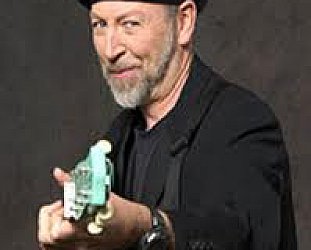
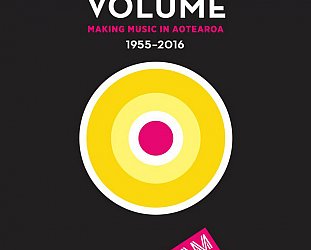
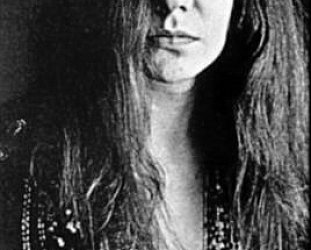
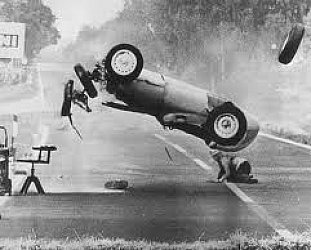
post a comment